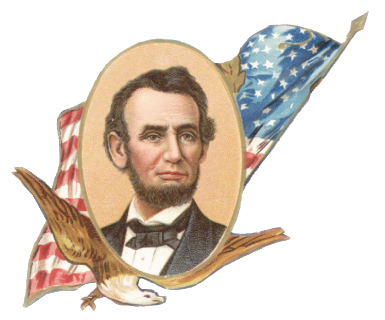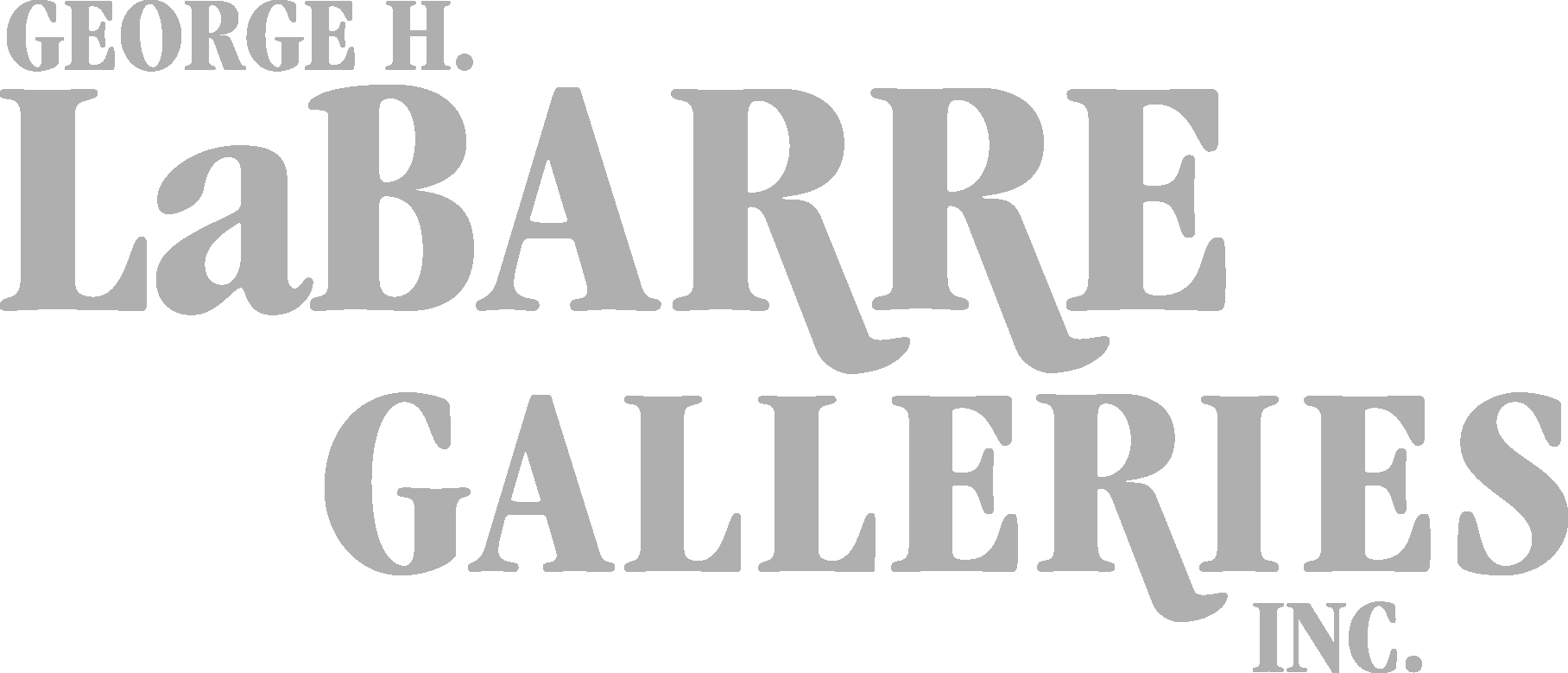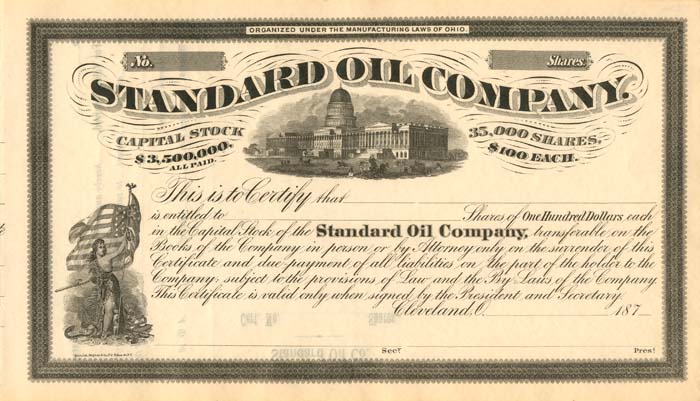

Since the hobby received it’s start in the late 1970’s, the Standard Oil stocks have played a serious role in exciting collectors. This includes the Standard Oil of Ohio stocks as well as the Standard Oil Trust stocks. Several books have been written dealing with these companies as well as the important men who ran these ran them. Of course, Rockefeller and Flagler were the two most important. This short article was published in The LaBarre Newsletter, Issue 6, Spring 1982.
Historical Notes: Standard Oil Company
The name Standard Oil Company invariably conjures up images of huge corporations, vast wealth, and John D. Rockefeller. All of these images and more are part of Standard Oil's mystique in American history, a mystique that has unquestionably carried over to collectible stocks and bonds.
Two years after oil was discovered in Titusville, Pennsylvania, in 1859, John D. Rockefeller was operating a refinery in partnership with two other men. In 1863, Rockefeller bought out the interest of one man. By 1870, the firm operated the largest oil refinery in Cincinnati, and was incorporated as the Standard Oil Company.
By 1872, Standard Oil Company had become the largest supplier of petroleum products in the country. By the end of the decade, through various mergers and the manipulation of railroad rates and rebates, Standard Oil controlled in excess of 90% of the United States’ total refining capacity.
The Standard Oil Trust was formed by Rockefeller in 1882 to oversee his vast business empire. In 1892, Ohio's Supreme Court ordered it dissolved, citing the trust's monopolistic stranglehold on the American oil industry. In 1899, the trust was supplanted by the Standard Oil Company of New Jersey, a holding company which attempted to carry on the trust's same activities but under the guise of a different name. The U.S. Supreme Court was not taken in by the plan, and ordered the holding company dissolved in 1911, citing Sherman Anti-Trust Act violations for the order.
Final dissolution of the holding company spawned a number of new companies like Mobil Oil, Standard Oil of California, and Standard Oil of Indiana. While many still retain “Standard Oil” as part of the company name, all are wholly separate from each other and frequently are competitors. No doubt John D. would find the situation intolerable if he were alive today.
Originally Published and Printed by G.Labarre, The LaBarre Newsletter, Issue 6, Spring 1982



























Ebay ID: labarre_galleries